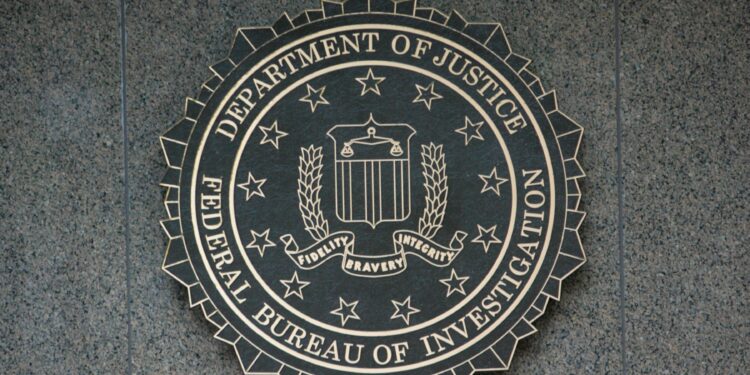President-elect Donald Trump is shaking up another Washington tradition—this time by bypassing FBI background checks for some of his Cabinet picks. Instead, his team is opting for private companies to conduct faster, less intrusive vetting, according to sources familiar with the transition planning.
Why Skip FBI Background Checks?
Trump and his allies argue that the FBI process is slow and riddled with issues, potentially delaying the president-elect’s agenda. They also believe the checks can be weaponized to dig up embarrassing information for political attacks. Trump has privately questioned the need for these background checks altogether, reflecting his deep mistrust of the national security establishment, often criticized by him as the “Deep State.”
Critics, however, warn that skipping the FBI process could overlook critical national security concerns, including unknown foreign ties. Since World War II, FBI background checks have been a standard protocol to ensure top nominees can handle classified information and don’t pose security risks.

Controversial Picks Raising Eyebrows
Trump’s floated candidates include Matt Gaetz for attorney general and Tulsi Gabbard for director of national intelligence—both controversial choices.
– Matt Gaetz: The former congressman has faced years of Justice Department and House ethics investigations over sex trafficking allegations. While no charges were filed, and the ethics probe was dropped after his resignation, the shadow of these investigations remains.
– Tulsi Gabbard: The former congresswoman has faced criticism for her perceived alignment with adversarial foreign leaders. She famously met Syrian President Bashar al-Assad in 2017 and has echoed Russian President Vladimir Putin’s stance on NATO expansion. Such positions have sparked concern about her suitability for handling sensitive intelligence.
Trump’s Authority to Override the Process
As president, Trump has the authority to grant security clearances, even if FBI checks flag concerns. He exercised this power during his first term, ordering clearances for about 25 individuals, including his son-in-law Jared Kushner, despite initial denials over security concerns.
For Gaetz, skipping the FBI process could complicate Senate confirmation. Without his consent, the FBI would struggle to conduct even a basic investigation, though the Senate could request a limited probe.
Delays and Impacts on National Security
The Trump team has yet to formally submit names for FBI vetting, which is delaying the issuance of security clearances. This impacts the timing of classified briefings for incoming officials, as those without clearances cannot access sensitive information until Trump officially takes office on January 20.
This approach mirrors Trump’s 2016 transition, which sources described as “ill-prepared.” The lack of urgency this time around suggests little has changed. Candidates with prior government clearance could speed up the process, but newcomers will likely face delays.
What This Means for Trump’s Administration
By bypassing FBI vetting, Trump is doubling down on his preference for loyalists over tradition. While this allows him to move quickly, it risks undermining security protocols designed to protect the nation. Whether this approach results in a more efficient or chaotic administration remains to be seen.

















